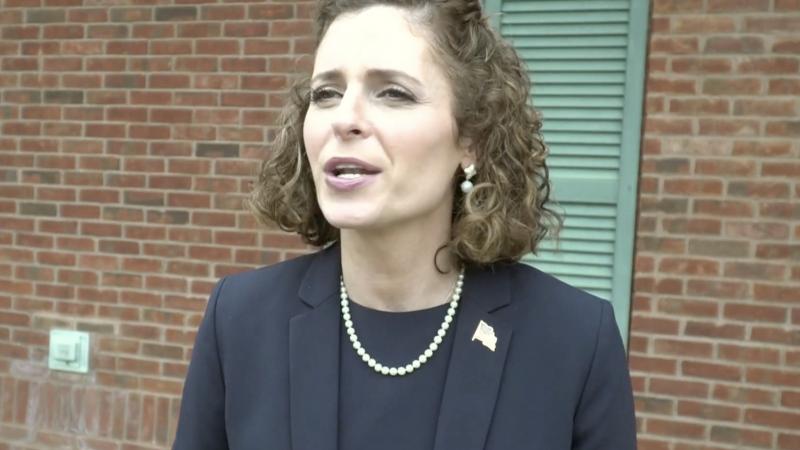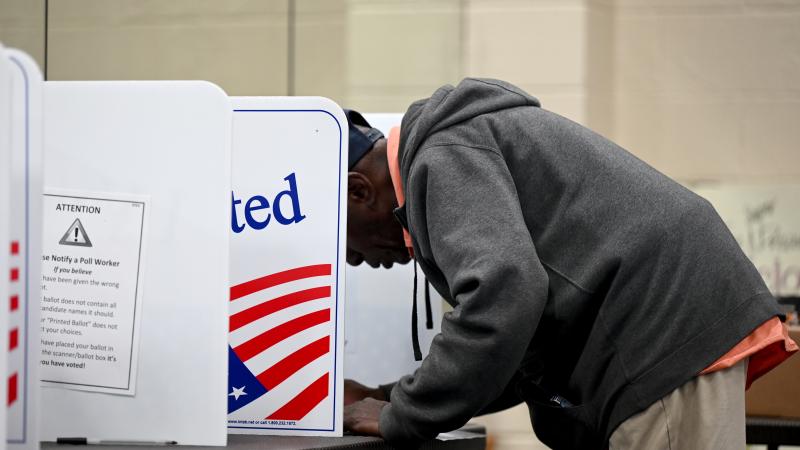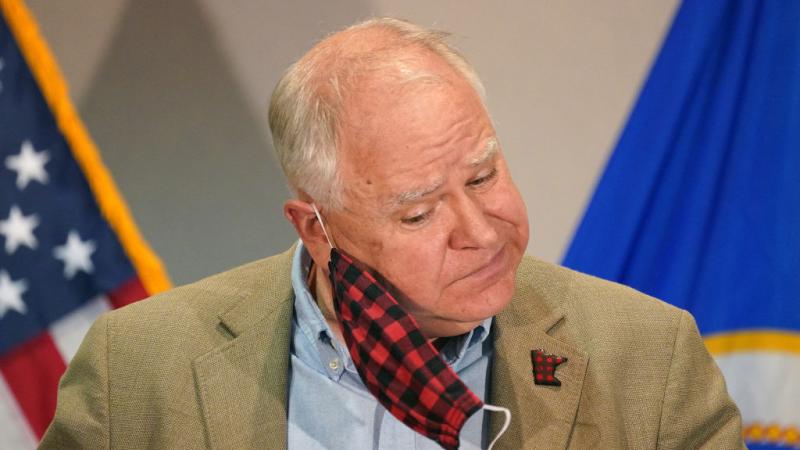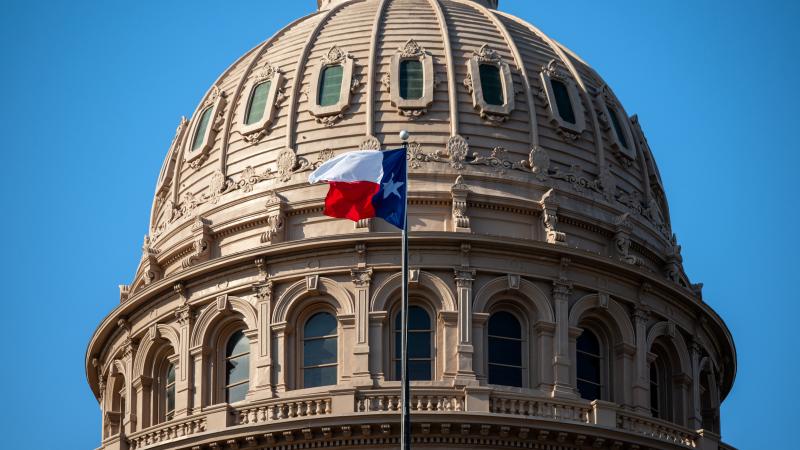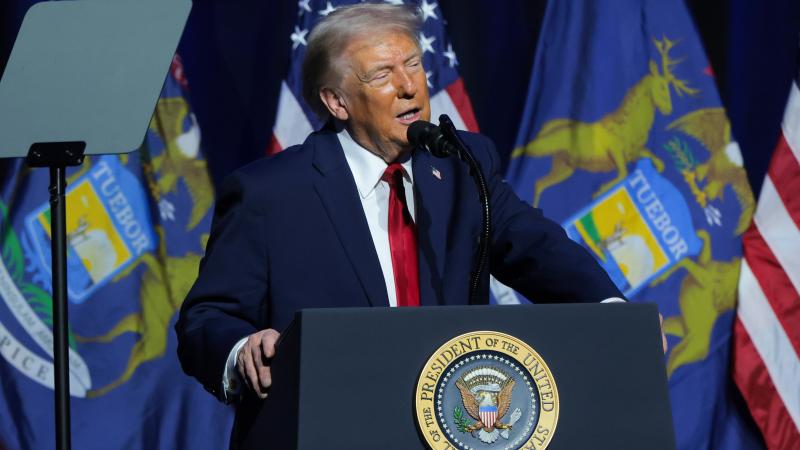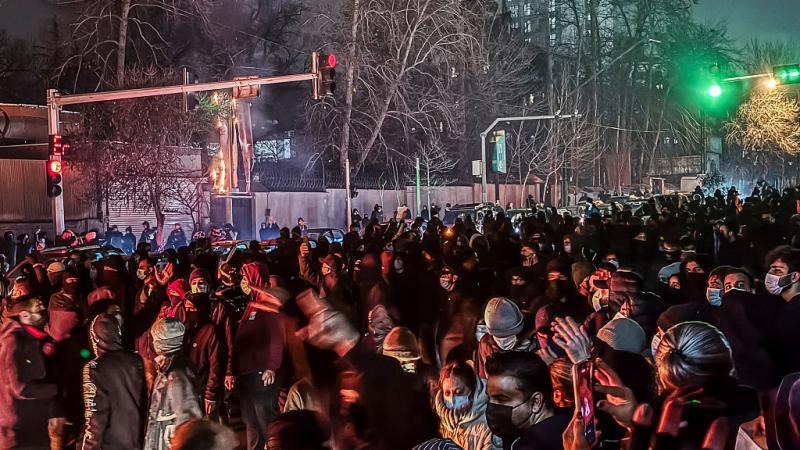Law groups file motion to intervene in Wisconsin congressional maps challenge
Law Forward and the Election Law Clinic at Harvard Law School argue Wisconsin’s congressional maps use an anti-competitive gerrymander.
(The Center Square) -
A pair of legal groups have filed to intervene and add an additional argument to the case hoping to overturn Wisconsin’s congressional maps as unconstitutional.
Law Forward and the Election Law Clinic at Harvard Law School additionally argue that Wisconsin’s maps of its eight congressional districts use an anti-competitive gerrymander.
E“All Wisconsin voters, no matter who we are or where we’re from, deserve an equal voice and an equal say in electing leaders whose decisions impact our lives,” Jeff Mandell of Law Forward said of the motion to intervene. “Wisconsin’s current congressional plan is a textbook example of an anti-competitive gerrymander. Candidates regularly win races by a margin of 30% or more. Wisconsin’s congressional map is an outlier, and it has been suppressing voters’ voices for too long.”
The original lawsuit came from Elias Law Group representing nine Wisconsin voters in early May, claiming the current maps are gerrymandered, leaving the state with two Democrats in Congress despite Democrats winning state offices such as governor and a recent state supreme court race.
The Wisconsin Institute for Law and Liberty wrote a statement in early April about how such a challenge would be unconstitutional.
The new motion says that, in the decade since Act 44 was passed during Gov. Scott Walker’s term, no incumbents have lost congressional elections and no seats have flipped from one party to the other.
Since the Wisconsin Supreme Court approved the current maps in 2022, the 16 district races have had a median margin of victory close to 30 percentage points.
“Anti-competitive gerrymanders are just as harmful as partisan and racial gerrymanders,” Law Forward Attorney TR Edwards said in a statement. “Without competition, voters’ interests can be ignored and their concerns overlooked— politicians take more extreme positions, and polarization takes hold. Competitive races, on the other hand, force politicians to listen to all constituents, not just those who agree with them, to consider the issues, and not just toe the party line.”
